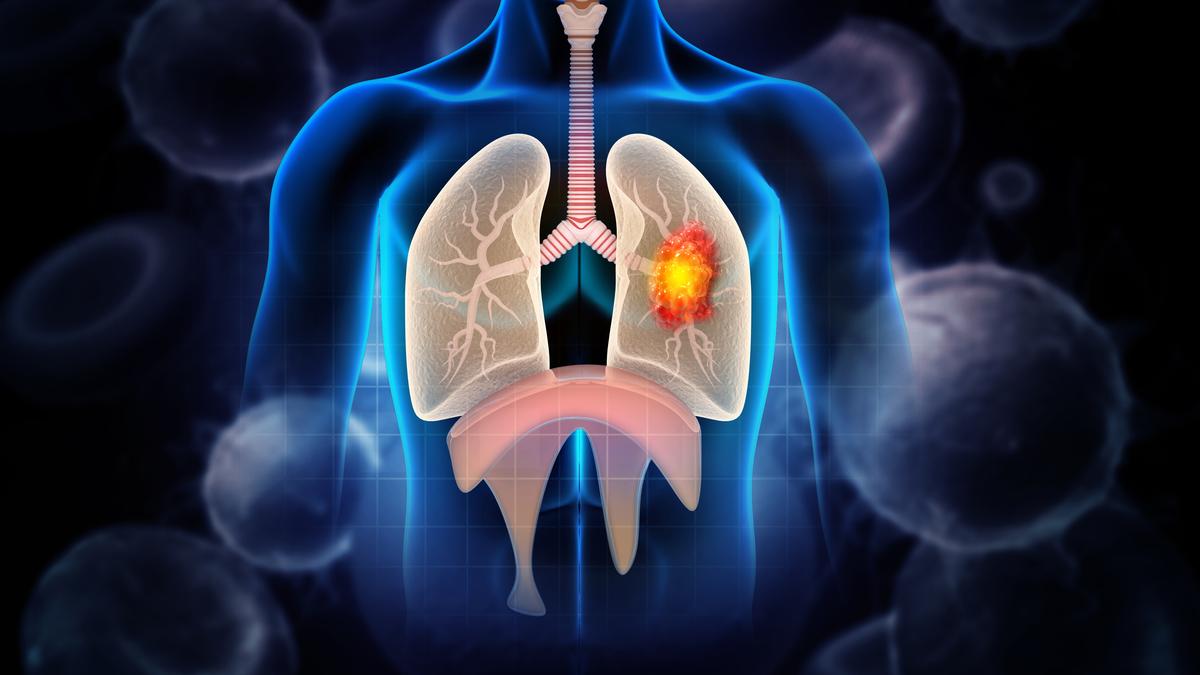
India’s cancer crisis demands people-centric care and ethical reforms
The Hindu
World Cancer Day highlights the urgent need for people-centred cancer care in India, addressing policy, technology and ethical challenges.
As the world marks another World Cancer Day on Tuesday, February 4, the conversation around the disease extends far beyond medical treatment. With over 1.5 million new cancer cases expected in India in 2025, cancer is not just a health crisis but a socio-economic challenge demanding urgent reform. This year’s theme, ‘United by Unique’ underscores the need for people-centred cancer care, an approach that India must embrace wholeheartedly, say doctors.
Dattatreyudu Nori, a renowned oncologist, acknowledges the Centre’s efforts in making life-saving cancer drugs more affordable. The Union Budget waived customs duty on 36 critical medicines and reduced GST on three others, easing financial strain on patients.
However, he stresses that policy changes alone are not enough. “India still lacks a comprehensive cancer registry, with only four States recognising cancer as a notifiable disease. Identifying cancer as a notifiable condition nationwide, as done in the U.S., would improve data accuracy and resource allocation,” he said.
Dr. Nori also highlights the role of Artificial Intelligence in cancer detection and precision medicine, highlighting how AI-driven tools can improve early diagnosis. With over 1,600 cancer-related deaths in India daily, early detection could be the difference between life and death. Learning from India’s COVID-19 response, he calls for a “whole of government and whole of society” approach.
While policy and technology drive systemic changes, Geetha Nagasree Neerukonda, senior surgical oncologist at Care Cancer Centre in Hyderabad focuses on the human aspect of cancer care. Recognising that one in nine Indians will face cancer in their lifetime, she underscores the urgency of personalised treatment approaches.
“Despite advances, India still struggles with late diagnoses, particularly in breast and cervical cancer. Rural women bear a disproportionate burden of cervical cancer, a disease that is both preventable and curable if detected early,” she said.
Dr. Geetha points to the grim reality that India ranks third globally in cancer incidence, with cases expected to rise by 57.5% by 2040. She underscores that lifestyle changes, avoiding tobacco and alcohol, maintaining physical activity and regular screenings are key to prevention. Yet, awareness remains low, and misconceptions abound.













